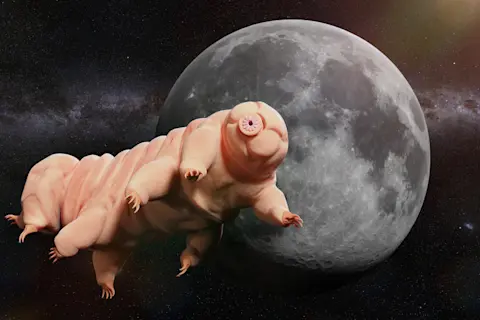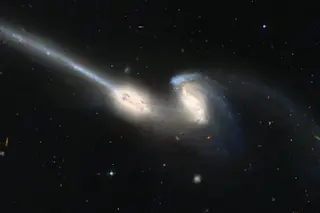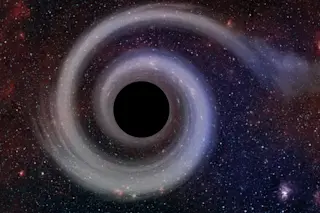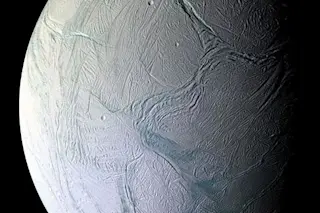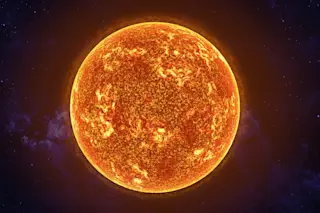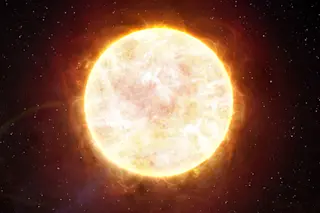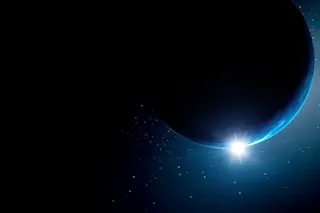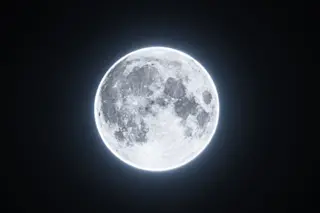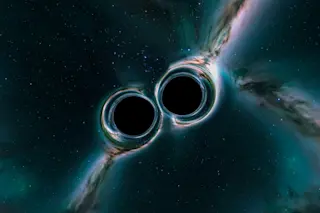The only known creature that might live on the moon certainly looks freakish. With four pairs of clawed legs and a general appearance of an overstuffed air mattress complete with a mouth that looks like a vacuum attachment part, it certainly appears alien — if you could see it with the naked eye, that is.
But most tardigrades are microscopic Earthlings, in fact. They only got to the moon due to an unfortunate crash of an Israeli spacecraft in 2019 that included some of the creatures as part of a kind of time capsule.
Since then, scientists and web denizens alike have questioned the possibility of whether these hardy microscopic animals that can survive extreme temperatures, radiation, and other pressures might have survived the crash and the harsh conditions of the moon.
“It’s almost certain that nothing survived,” says Jasmine Nirody, an organismal biologist at the University of Chicago who ...

